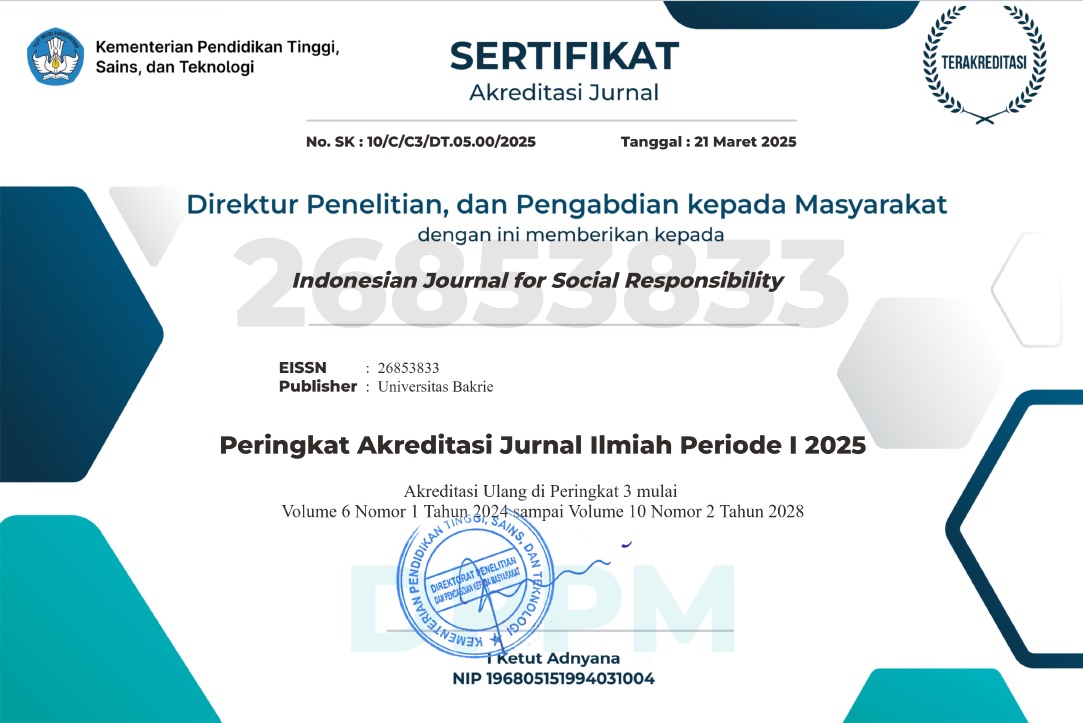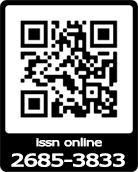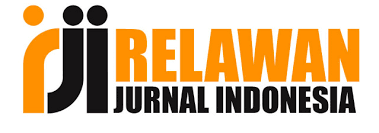Pelatihan Pembuatan Yoghurt dari Susu Bubuk Full Cream pada Ibu-Ibu Kota Pelangi di Pancoran, Jakarta Selatan
DOI:
https://doi.org/10.36782/ijsr.v2i1.25Keywords:
Fermented Beverages, Training, Food Product, Instant Milk Powder, YogurtAbstract
Yogurt is a beverage made from milk which is fermented using lactic acid bacteria. Generally the milk used is fresh milk. Yogurt is the beverage product chosen because of its distinctive taste and its functional. Products that are liked by all ages are not impossible to replace the current drinks that are popular on the market, such as coffee, milk, and tea. So it has the potential to be produced by SMEs. However, Pelangi City SMEs located in an urban area is quite difficult to get raw material for making yogurt, namely fresh milk because it is far from the livestock area. Though these SMEs are in a strategic environment in the big city: D.K.I Jakarta. Therefore, an alternative raw material for fresh milk is needed, namely instant milk powder. This instant milk powder is very easy to find on the market and has a long shelf life thereby reducing the risk of loss. Even so yogurt made from instant milk powder is no less competitive with yogurt from fresh milk. This training was conducted in 2 stages: lecturing and the practice of making yogurt. The prepared yogurt samples were created with different topping and flavoring, the making yogurt begins with pasteurizing milk then adding bacterial culture and incubated within 12-14 hours. This training is not only process abilities that participants need to have but also knowledge of the fermentation process and microbiological aspects that need to be understood, so that the products produced can be of good quality.
Downloads
References
Asiah, N. (2019). Kota Pelangi: Komunitas Wanita Pengusaha Jualan Dagangan Mandiri. Kota Pelangi Diakses dari http://wanitaberdaya.com.
Deeth, H. C., & Tamime, A. Y. (1981). Yoghurt: nutritive and therapeutic aspects. J.Food Prot, 44, 78-86.
Jatmika, S. E. D. J., & Hastuti, S. K. W. (2019). Pelatihan dan Pendampingan Pembuatan Aneka Olahan Makanan Pendamping ASI (MPASI) Berbahan Pangan Lokal Kaya Nutrisi. Gemmasika, 3, 115-124.
Peraturan Menteri Pemberdayaan Perempuan dan Perlindungan Anak Republik Indonesia Nomor 2 Tahun 2016 Pedoman Umum Pembangunan Industri Rumahan untuk Meningkatkan Kesejahteraan Keluarga melalui Pemberdayaan Perempuan. Jakarta.
Rukmana & Rahmat. (2001). Yoghurt dan Karamel Susu. Yogyakarta: Kanisius.
Susilorini, T. E. & Sawitri, M. E. (2007). Produk Olahan Susu. Jakarta: Penebar Swadaya.
Surono, I.S. (2004). Probiotik Susu Fermentasi dan Kesehatan. Yayasan Pengusaha Makanan dan Minuman Seluruh Indonesia (YAPMMI). TRICK, 31- 32.
Syainah, E., Novita, S., & Yanti, R. (2014). Kajian Pembuatan Yoghurt dari Berbagai Jenis Susudan Inkubasi yang Berbeda Terhadap Mutu dan Daya Terima. Jurnal Skala Kesehatan, 5(1).
Wahyudi, M. (2006). Proses Pembuatan dan Analisis Mutu Yoghurt. Bogor: Balai Besar Penelitian dan Pengembangan Pascapanen Pertanian.
Widowati, S., & Misgiyarta. (2009). Efektifitas Bakteri Asam Laktat (BAL) dalam Pembuatan Produk Fermentasi Berbasis Protein/Susu Nabati. Prosiding. Balai Penelitian Bioteknologi dan Sumber Daya Genetik Pertanian.
Winarno, F.G. (2003). Kimia Pangan dan Gizi. Jakarta: PT Gramedia Pustaka Utama.















